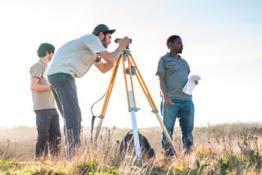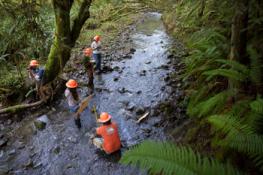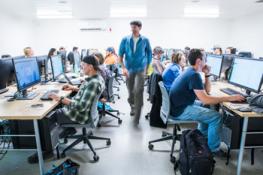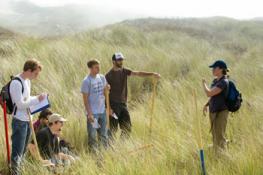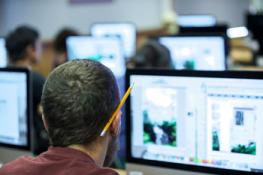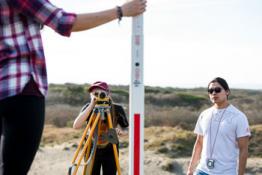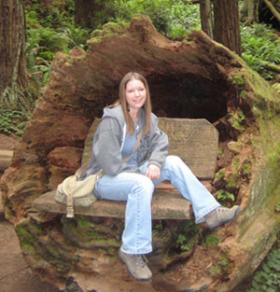Jessica Blackwell
Through a wilderness visitor survey in Sequoia-Kings Canyon Wilderness (n= 635) and follow-up personal phone interviews (n=65), this study offers insight in how personal locator beacon (PLBs) technology may influence wilderness visitors. Results show that wilderness visitors were able to enjoy the wilderness experience more worry-free and guilt-free than they had without a device. Many said that it was an added precautionary tool, such as a first aid kit, flare gun or whistle, making them more prepared in the case of an emergency. We also found that carrying a device helped wilderness visitors travel without feeling guilty for causing their loved ones back home to worry about their safety. Solo travelers in particular were able to enjoy the solitude of their wilderness experience more than they would have without a device. The only significant finding on how a device may influence risk-taking or decision making in the wilderness, was on the visitors' decision to travel alone. Many people felt they would be more likely to travel alone if they had a personal locator device. The device theoretically would replace the need for traveling in a group. Those that consider themselves to be risk takers said they would be just as likely to do the same activities with or without the device. Hand-held technology, by influencing the wilderness experience and risk behavior of the wilderness visitor, will lead to inevitable changes in what defines wilderness (solitude, sense of self-reliance, primitive experience, meeting nature on its own terms, developing self-rescue skills). The knowledge gained from this research may be used to develop best management practices and guiding principles for the appropriate use of technology in the wilderness.

